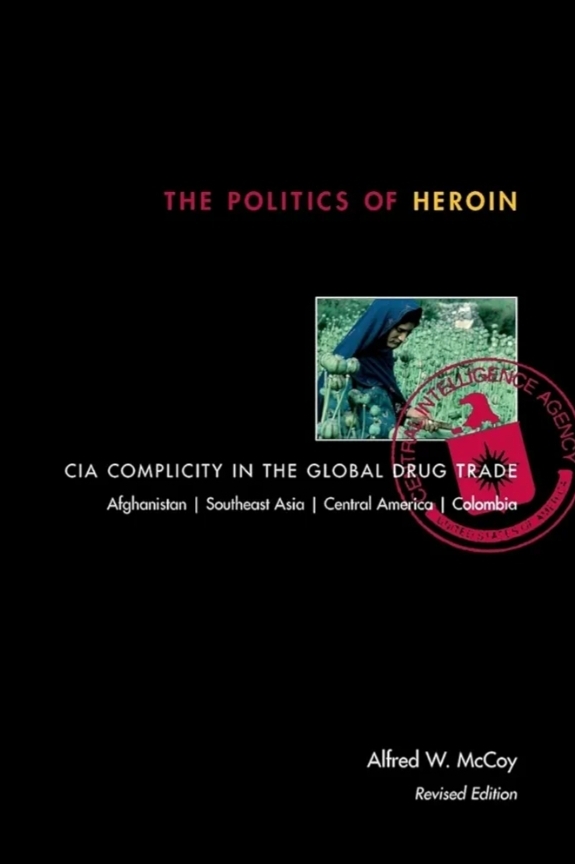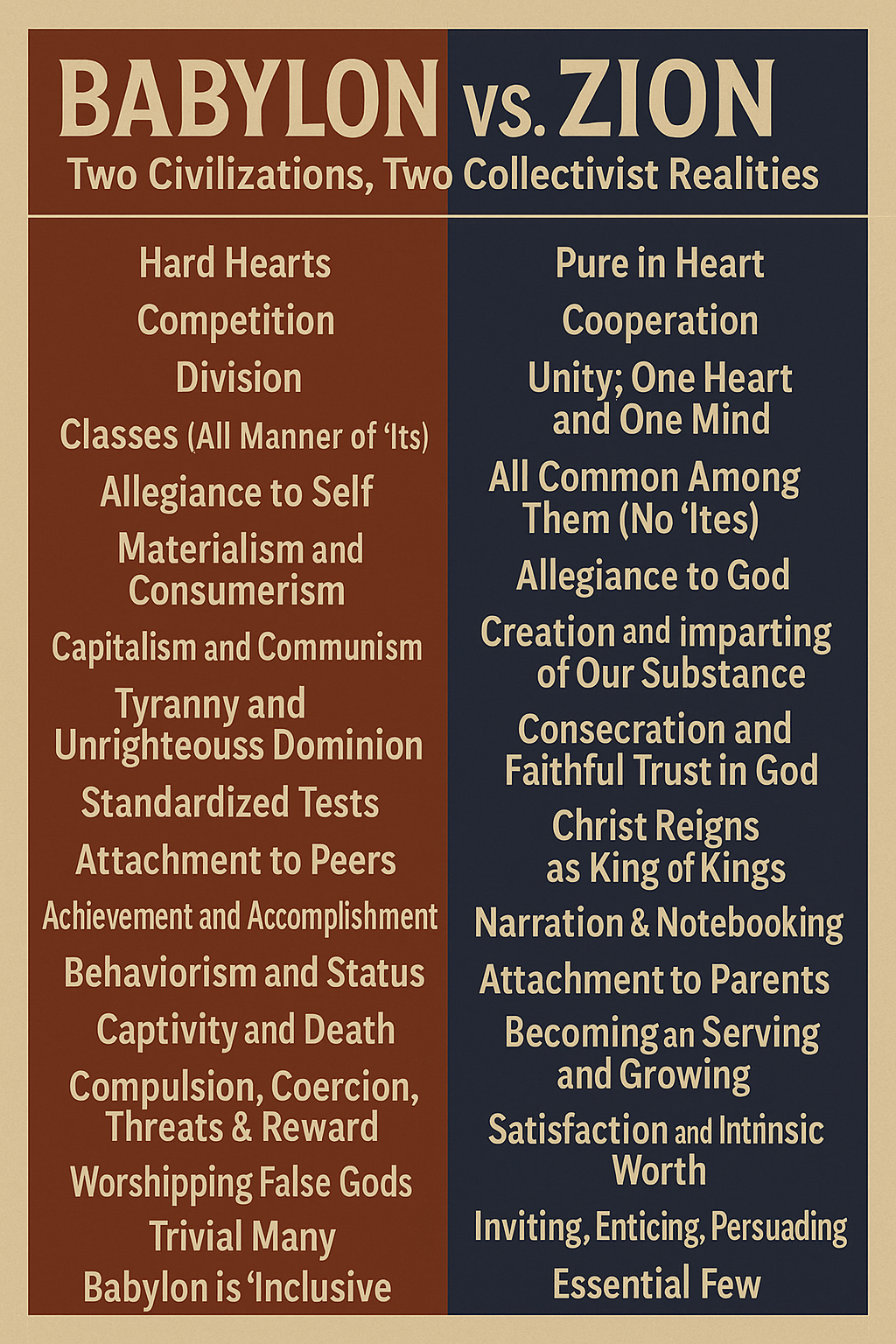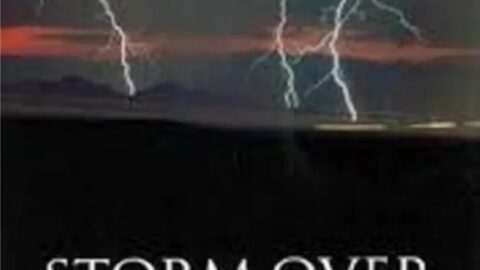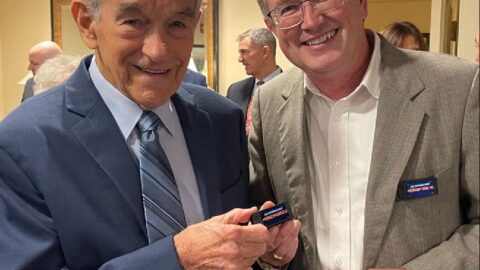“The Politics of Heroin: CIA Complicity in the Global Drug Trade” is a groundbreaking book by historian Alfred W. McCoy, originally published in 1972 and later updated. The book provides a detailed, meticulously researched account of the role of the U.S. Central Intelligence Agency (CIA) in the global drug trade, particularly its complicity in heroin trafficking operations from the end of World War II through the Vietnam War and beyond. McCoy argues that, in pursuit of geopolitical objectives during the Cold War, the CIA turned a blind eye to and, in some cases, directly supported drug trafficking activities by various groups.
Key Themes and Arguments:
- Historical Overview of Global Heroin Trade:
- McCoy traces the history of the global heroin trade, beginning with its origins in the 19th century when colonial powers like Britain, France, and the United States were involved in the opium trade in Asia. He highlights the transformation of opium into heroin in the early 20th century and the subsequent rise of heroin as a major global commodity.
- The book provides a detailed account of how different regions, such as Southeast Asia’s “Golden Triangle” (where Thailand, Laos, and Myanmar meet), became key production centers for heroin, primarily supplying markets in Europe and North America.
- CIA’s Complicity in Drug Trafficking:
- McCoy argues that the CIA’s involvement in the global drug trade began in earnest during World War II, with the Office of Strategic Services (OSS), the CIA’s predecessor, forming alliances with various drug traffickers in Asia to support anti-Japanese guerrilla efforts.
- During the Cold War, McCoy claims that the CIA provided support to anti-communist forces around the world, regardless of their involvement in drug trafficking. This policy was particularly evident in Southeast Asia during the Vietnam War, where the CIA allegedly worked with local warlords, such as Laotian General Vang Pao, who were deeply involved in the heroin trade. The CIA provided them with arms, logistical support, and financial backing in exchange for their assistance against communist forces in the region.
- Case Studies: The Golden Triangle and the Golden Crescent:
- The Golden Triangle: McCoy provides a detailed account of how the Golden Triangle became a major hub of heroin production. He describes how the CIA’s covert operations in Laos, Cambodia, and Vietnam during the Vietnam War directly or indirectly facilitated heroin production and trafficking. Local warlords and militias, many of whom were funded and armed by the CIA, used their resources to cultivate opium and process it into heroin, which was then trafficked to the U.S. and Europe.
- The Golden Crescent: McCoy also examines the Golden Crescent, encompassing parts of Pakistan, Afghanistan, and Iran, which became another major source of heroin. The CIA’s support for Afghan mujahideen fighters during the Soviet-Afghan War (1979-1989) is discussed as another example of CIA complicity in the drug trade. The mujahideen were heavily involved in opium cultivation and heroin production to finance their fight against Soviet forces, and the CIA provided them with significant material support.
- Implications of CIA Involvement:
- McCoy argues that the CIA’s involvement in the drug trade had several far-reaching consequences. It undermined anti-drug efforts, contributed to the global heroin epidemic, and led to a significant rise in drug addiction and related social problems in the U.S. and Europe.
- He also explores how these actions contributed to a breakdown of trust between the U.S. government and its citizens, especially given the secrecy and lack of accountability surrounding the CIA’s operations.
- CIA’s Denials and Attempts to Suppress the Book:
- McCoy describes the CIA’s attempts to suppress the publication of his book, including pressuring his publisher, Harper & Row, and making efforts to discredit his research. Despite these efforts, the book was published and received critical acclaim for its investigative journalism and thorough research.
- The CIA has consistently denied the allegations made in the book, but McCoy’s work is based on extensive documentation, including declassified government records, interviews with key players, and on-the-ground investigations in Southeast Asia.
- The Role of Corruption and Geopolitical Strategy:
- McCoy discusses how U.S. foreign policy was often driven by geopolitical strategy and anti-communist objectives during the Cold War, even if it meant engaging with corrupt regimes or groups involved in illegal activities like drug trafficking.
- He emphasizes that these decisions were often made at the highest levels of government, with an understanding that supporting certain groups, even those engaged in narcotics trafficking, was a necessary compromise to achieve broader strategic goals.
- Impact on Modern Drug Policy:
- McCoy examines the long-term effects of CIA involvement in the drug trade on modern drug policy and enforcement. He suggests that the U.S. government’s actions have contributed to the failure of the War on Drugs, as the same agencies tasked with combating drugs were, at times, complicit in their distribution.
- He argues that this contradiction has led to policies that are ineffective, hypocritical, and often damaging to communities worldwide.
Specific Examples and Evidence:
- Air America Operations: McCoy details how the CIA’s covert airline, Air America, was allegedly used to transport opium and heroin for anti-communist warlords in Southeast Asia. Air America planes, often disguised as civilian or humanitarian flights, were suspected of moving drugs from remote areas to processing facilities and distribution hubs.
- The French Connection: McCoy describes how, in post-World War II France, the CIA allied itself with Corsican mafia groups to disrupt Communist-led labor strikes in Marseille. These groups were heavily involved in heroin trafficking, leading to the infamous “French Connection” heroin pipeline that supplied much of the U.S. market in the 1960s and early 1970s.
- The Afghanistan Conflict: McCoy presents evidence that during the Soviet-Afghan War, the CIA’s support for Afghan mujahideen fighters, who financed their resistance through opium cultivation, directly contributed to the surge in heroin production. Afghanistan remains one of the largest producers of opium today, a legacy tied in part to these Cold War strategies.
Criticism and Controversy:
- Controversial Accusations: McCoy’s book has been controversial due to its accusations against a major U.S. government agency. While many historians, journalists, and former intelligence officials have supported his findings, others have criticized the book for relying on circumstantial evidence and lacking direct proof of high-level CIA directives explicitly promoting drug trafficking.
- Response from the CIA and Government: The CIA and other government entities have dismissed McCoy’s claims, maintaining that any involvement with drug traffickers was either incidental or necessary to achieve larger, legitimate goals. The agency has argued that it has always worked to curb narcotics trafficking and that any such allegations are unfounded.
Conclusion and Impact:
- Significant Contribution to Understanding Covert Operations: McCoy’s book has been lauded for its thorough research and courage in bringing to light the complex, often morally ambiguous aspects of U.S. foreign policy and covert operations. It remains a seminal work in the field of political history, shedding light on the intersection of government policy, intelligence operations, and the global drug trade.
- Call for Accountability: McCoy concludes with a call for greater accountability and transparency in U.S. intelligence operations, arguing that the costs of complicity in drug trafficking—including widespread addiction, crime, and social destabilization—far outweigh any short-term geopolitical benefits.
Overall Assessment:
“The Politics of Heroin” is a powerful, meticulously researched work that challenges the conventional narratives of the CIA’s role in Cold War-era geopolitical conflicts. Through detailed case studies and a wealth of evidence, Alfred W. McCoy exposes the dark underbelly of U.S. foreign policy and its unintended consequences, prompting readers to reconsider the ethical and moral dimensions of intelligence and covert operations. The book remains relevant for anyone interested in the history of U.S. foreign policy, intelligence, and the global drug trade.







